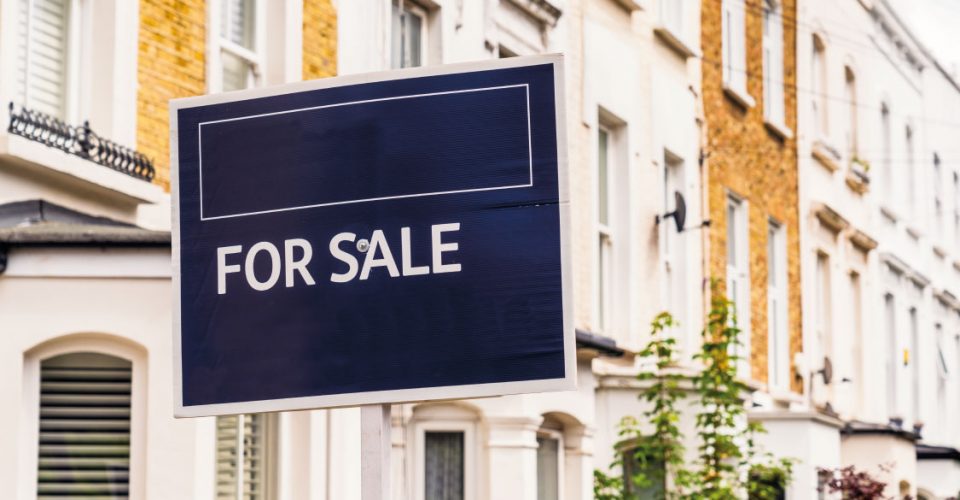When Did Buying a House Become so Expensive?
House prices have skyrocketed in recent years. Today, the average house price in the UK is £270,000– compared to just £4,057 in 1970. We are spending astronomical amounts on our homes – whether its new developments or period properties.
The UK’s housing crisis has left many professionals priced out of the market. We spend years saving for a house deposit, only to struggle to secure a mortgage. So, why has real estate become so expensive in the last few decades?

There isn’t Enough Housing
One of the main problems is that there simply isn’t enough housing in the UK. The housing shortage comes down to the brick shortage before the recession and subsequent skills shortage. Properties are in high demand, and many people struggle to find their dream home.
Of course, the pandemic threw yet another spanner in the works – and left the real-estate market desolate. Many new developments were paused in lockdown, delaying their finish date. The government then introduced a stamp duty tax holiday to help people get on the property ladder. By the end of 2021, there was a major property shortage in the UK and sky-high buyer demand.
Low Deposits Don’t Work
The government introduced the Help to Buy scheme to help first-time buyers get on the market. If you purchase a new build development, you can pay 5% of the deposit, and the government will loan you the rest over two years. Unfortunately, many buyers can’t afford the monthly repayments on their mortgage and the deposit loan. It’s difficult to save for a house deposit while paying high rent prices.
Affordable social housing has become few and far between. Many individuals can only afford to rent a home instead of paying a mortgage.
House Prices Have Outgrown Wages
In 1970, the average yearly wage was around £1,204, and the house price was £4,690. The average house was 3.89 times more than the yearly salary. However, today the average yearly wage is £26,208, and the house price is £234,853. That’s a whopping 8.96 times more than the average yearly salary. No wonder we can’t afford to buy a house.
And then there are the moving costs
Moving house doesn’t stop at your mortgage – it’s a constant expense. It’s not just the deposit and mortgage payments. Once you have found a home, you have to pay for a moving service, new furniture, storage lockers, and much more. You might need a conveyancing solicitor to look over your contracts or a real estate agent to sell your current property. All of these elements come with an added cost.

